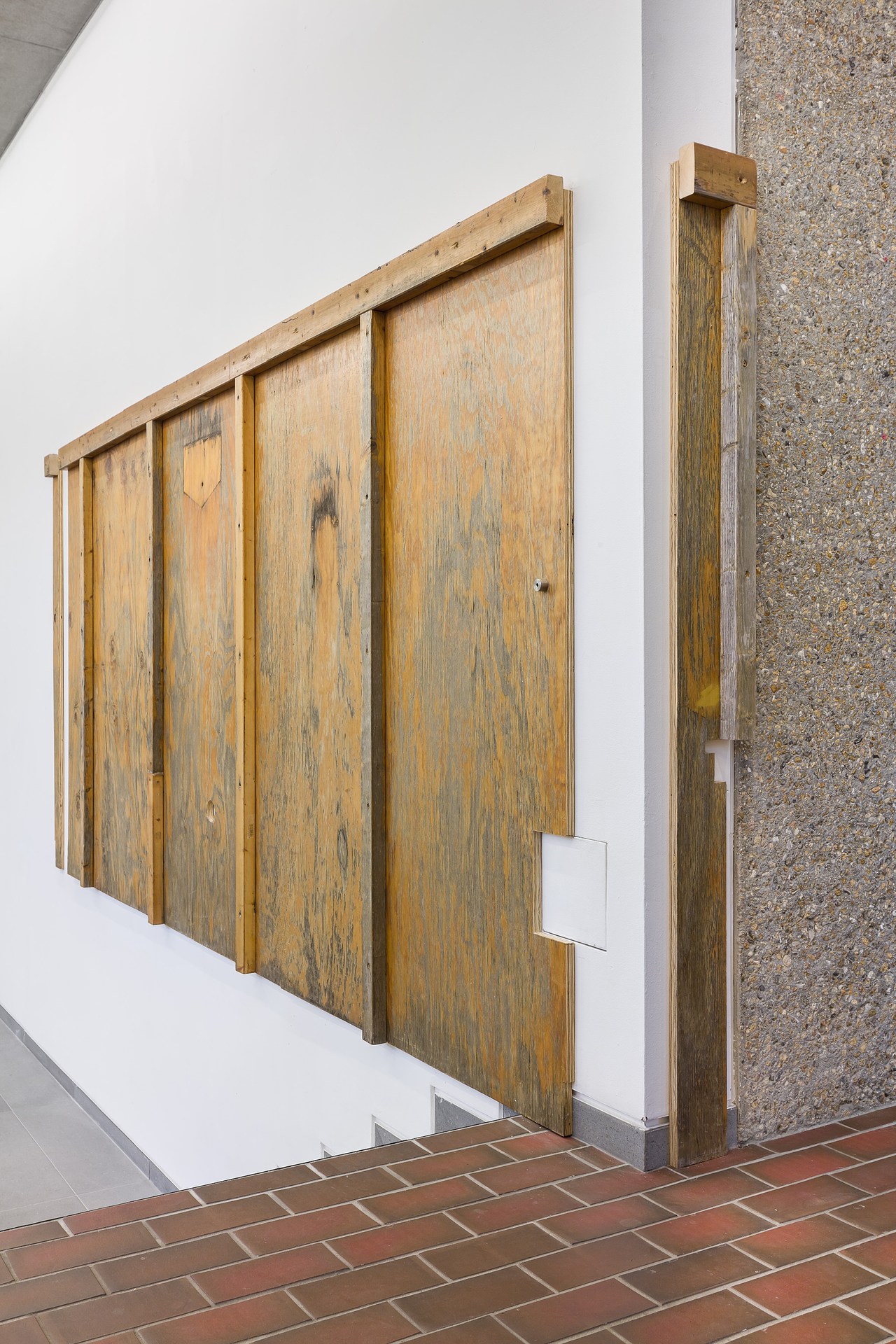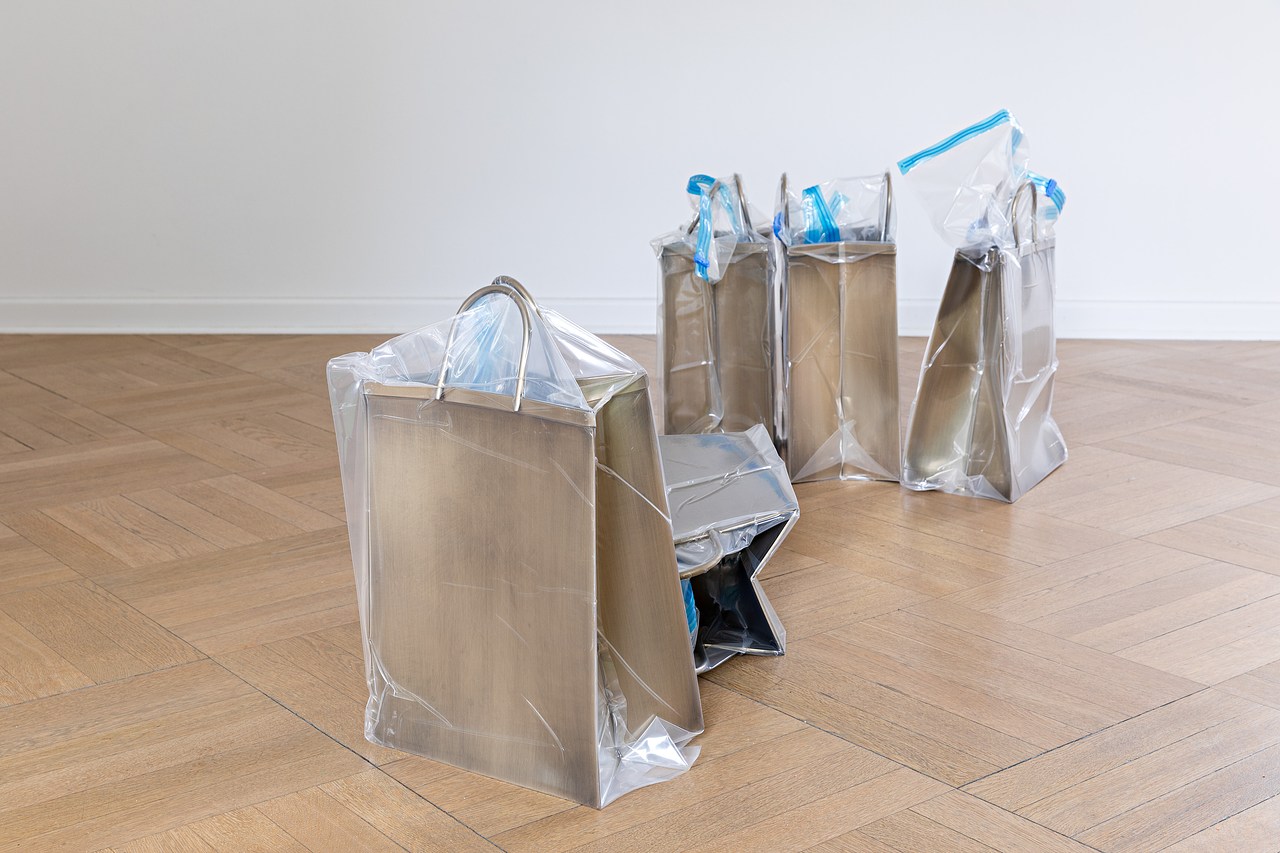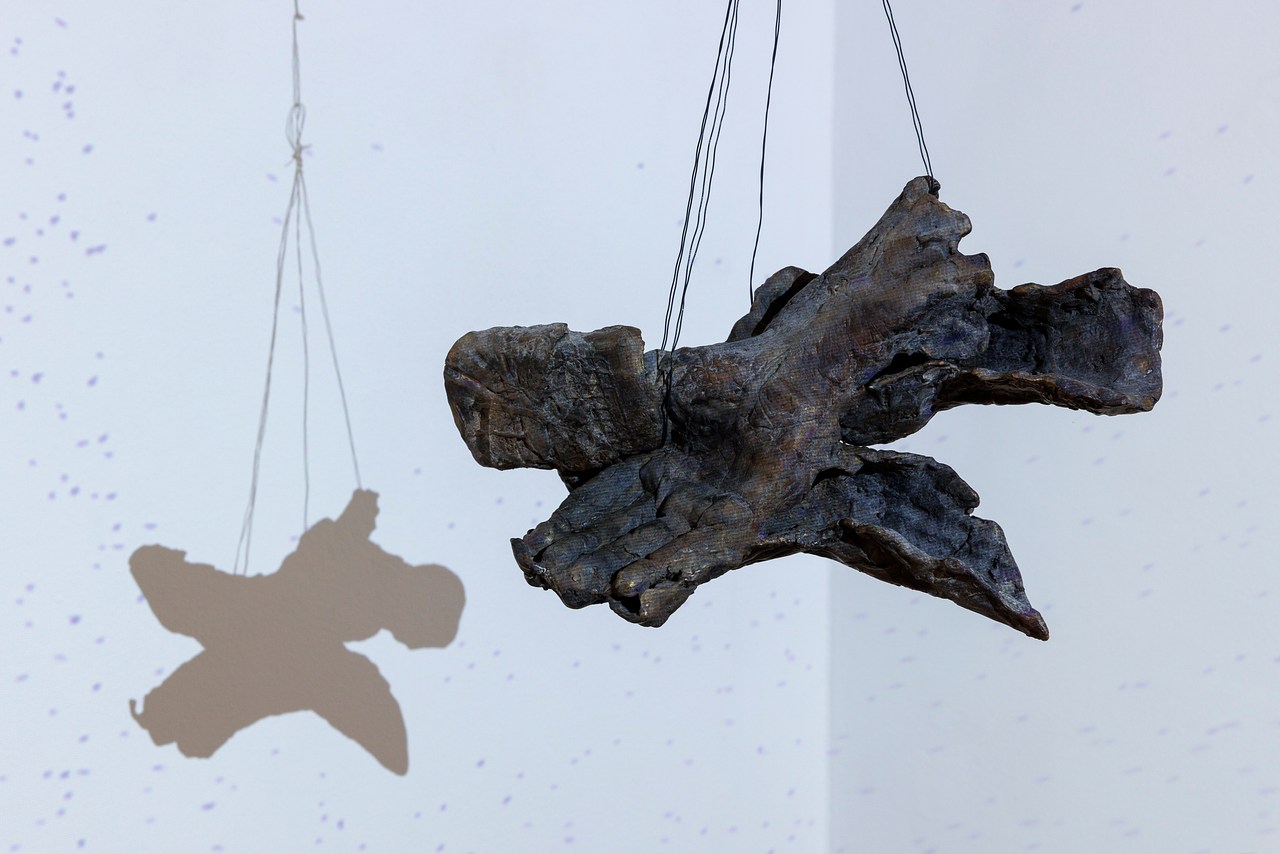The mornings are crisp. The days are shorter. Tomatoes and peaches have been replaced by apples and pumpkins at the farmer’s market. And the fall books are here! Autumn is always a busy time of year for books, with publishers releasing their big titles in the hope of capturing the interest of readers shopping for the holidays or looking to curl up with a blanket and a good book as the temperatures drop. There’s something for everyone this season, with thrilling debuts, thoughtful nonfiction, stunning poetry collections, and so much more. Readers will be particularly excited to see new titles from favorite authors like Scholastique Mukasonga and Samanta Schweblin and translators like Emma Ramadan and Megan McDowell. But don’t sleep on some of the new and exciting voices on this list too.
I’ve poured over the catalogs and galleys and highlighted just some of the best fall 2022 new releases in translation, and because there’s just so much to choose from, I’ve added notes for others you should seek out as well! And whether it’s just something about publishing this year or my ever constant love for works of short fiction, but there are a lot of new short story collections that caught my eye. So if you’d like to dip in and out of some incredible short fiction in what can be a busy time of year, you’re in luck.
Fall 2022 New Releases In Translation
Panics by Barbara Molinard, translated by Emma RamadanMarguerite Duras writes in her 1969 preface to Panics, “What we’ve collected in this book represents a very small portion — maybe a hundredth — of what Barbara has written over these eight years. The rest was destroyed. . . . The texts that follow were also torn to shreds.” Barbara Molinard destroyed more of her work than she saved and published only one book, this strange and surreal short story collection, saved by her close friend Duras and recovered likely from oblivion by translator Emma Ramadan in this first ever English translation. Invigorating and disorienting, this collection of stories about sickness, death, and control would be perfect for fans of Leonora Carrington. But make no mistake: this collection is absolutely its own creature. What kind of creature I’ll leave to your imagination. Complete with striking art and a stunning translator’s note, this “world of little panics” will pull you in and swallow you whole. (Feminist Press, September 13) And don’t miss The Age of Goodbyes by Li Zi Shu, translated by YZ Chin. (Feminist Press, November 8) |
Visible: Text + Image by Verónica Gerber Bicecci, Marie NDiaye, Yi SangWoo & Others, translated by Christina MacSweeney, Emily Yae Won & OthersI’ve loved the Calico series from Two Lines Press since its inception. The series presents vanguard works of translated literature in strikingly designed ― and eminently collectible ― editions. Visible presents six works from around the world that think about the relationship between how we see, how we read, and how we write. In her opening piece Verónica Gerber Bicecci, translated by Christina MacSweeney, writes “The image-text relationship is inescapable,” and it’s this through line that shapes and bends with each new piece in the collection. Individually they are striking but as a whole, the collection is revelatory. Each image, each word, and the spaces between them, are endlessly fascinating. (Two Lines, September 27) |
Copyright
© Book Riot









